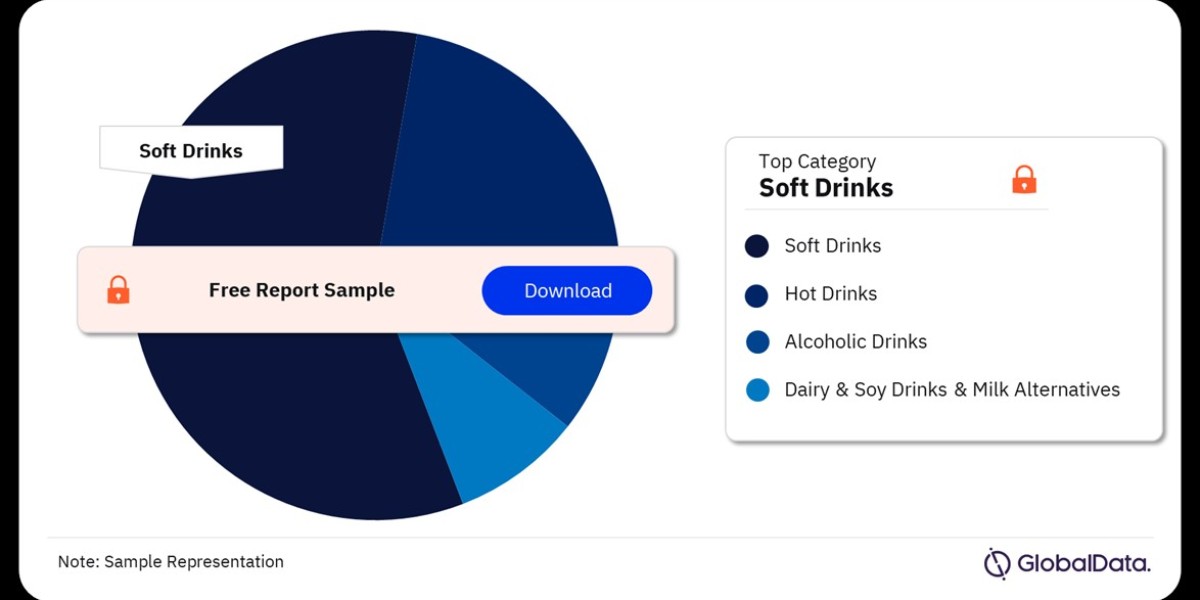Indonesia, the world's fourth most populous country, is witnessing rapid growth in its beverages market. With a diverse population, rising income levels, and evolving consumer preferences, the market is poised for significant expansion. This article delves into the trends, growth drivers, and opportunities shaping the Indonesia beverages market in 2024.
Market Overview
The Indonesian beverages market encompasses a wide range of products, including soft drinks, bottled water, coffee, tea, dairy beverages, and alcoholic drinks. The market is highly dynamic, driven by a combination of traditional consumption habits and modern influences.
Key Segments
Non-Alcoholic Beverages
- Soft Drinks: Carbonated soft drinks continue to dominate the market, with established brands leading the segment. However, health-conscious consumers are driving demand for low-sugar and sugar-free options.
- Bottled Water: The bottled water market in Indonesia is growing rapidly, driven by concerns over water quality and increasing health awareness. Both local and international brands are competing for market share.
- Functional Beverages: Functional drinks, including energy drinks, sports drinks, and fortified beverages, are gaining popularity among younger consumers seeking health benefits and convenience.
- Coffee and Tea: Indonesia, one of the largest coffee producers globally, has a strong coffee culture. The coffee market is expanding, particularly in urban areas, with the rise of specialty coffee shops and ready-to-drink (RTD) coffee products. Tea, especially green tea and herbal variants, is also seeing increased demand.
Dairy Beverages
- Milk and Flavored Milk: Dairy consumption in Indonesia is on the rise, with milk and flavored milk products gaining popularity among children and adults alike.
- Yogurt Drinks: Yogurt-based beverages, known for their probiotic benefits, are becoming a staple in the health-conscious segment of the market.
Alcoholic Beverages
- Beer: Beer remains the most consumed alcoholic beverage in Indonesia. The market is dominated by domestic brands, although international brands are also making inroads.
- Wine and Spirits: Wine and spirits consumption is growing, particularly in urban areas and among the middle to upper-class consumers.
Market Trends
1. Health and Wellness
The global health and wellness trend is influencing Indonesian consumers' beverage choices. There is a growing demand for healthier options, including natural ingredients, low-sugar products, and functional beverages that offer additional health benefits, such as vitamins and probiotics.
2. Premiumization
As disposable incomes rise, Indonesian consumers are increasingly willing to pay a premium for high-quality and innovative beverage products. This trend is particularly evident in the coffee, tea, and alcoholic beverages segments.
3. Sustainability
Environmental concerns are prompting consumers to seek out eco-friendly packaging and brands committed to sustainability. Beverage companies are responding by adopting recyclable materials, reducing plastic usage, and supporting sustainable sourcing practices.
4. E-commerce Growth
The COVID-19 pandemic accelerated the shift towards online shopping, and this trend continues in 2024. Consumers are increasingly purchasing beverages online, leading to the growth of e-commerce platforms and direct-to-consumer (DTC) models in the beverage sector.
5. Urbanization and Changing Lifestyles
Urbanization is leading to changes in consumer lifestyles, with a preference for convenient and ready-to-consume beverages. This trend is driving the growth of RTD coffee, bottled water, and functional beverages in urban centers.
Market Opportunities
1. Innovation in Product Offerings
The Indonesian beverages market presents ample opportunities for innovation. Brands can differentiate themselves by introducing new flavors, health-oriented products, and unique packaging designs. For example, there is a growing market for plant-based beverages and organic products.
2. Expanding in Rural Areas
While urban areas drive much of the market growth, rural regions remain relatively untapped. Companies can expand their reach by tailoring products to the tastes and preferences of rural consumers and improving distribution networks.
3. Collaborations and Partnerships
Strategic collaborations between local and international brands can help in expanding product portfolios and market reach. Partnerships with e-commerce platforms can also enhance online visibility and sales.
4. Focus on Sustainability
Brands that prioritize sustainability can build strong consumer loyalty. Investments in eco-friendly packaging, sustainable sourcing, and corporate social responsibility (CSR) initiatives can resonate with environmentally conscious consumers.
Challenges
Despite the growth potential, the Indonesian beverages market faces challenges, including stringent regulations, fluctuating raw material prices.
Buy Full Report for More Insights on the Indonesia Beverages Market Forecast
Download a Free Sample Report








